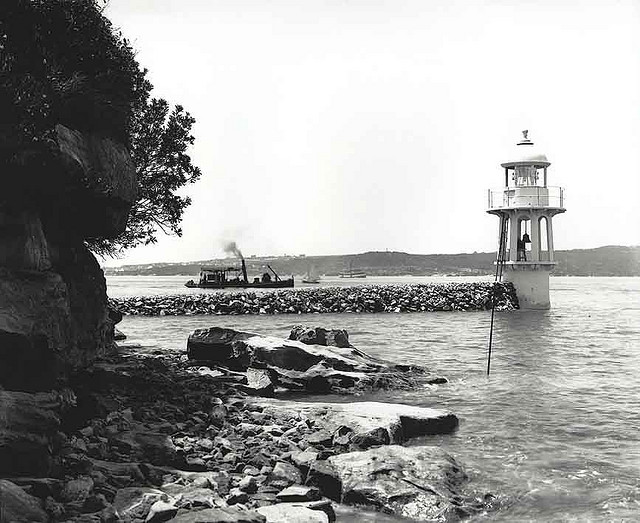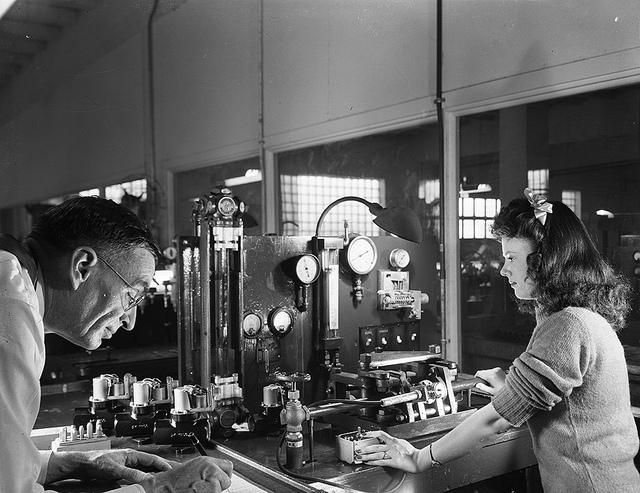 There’s nothing new in saying that we should review and evaluate work to see what works. It’s obvious and it’s important. The problem is that many of us don’t do it often enough.
There’s nothing new in saying that we should review and evaluate work to see what works. It’s obvious and it’s important. The problem is that many of us don’t do it often enough.
By Darren Caveney
The chances of there being a comms person out there today who doesn’t think that reviewing and evaluating their work is important will be tiny.
Yeah, yeah, yeah – we know it’s important, but when there are 10 people asking for my help, three comms plans to write, the phone ringing off the hook and the impacts of a comms team which has been cut in half it’s a lot easier said than done.
Sound familiar? Yep, me too.
Amongst the many things I learned in 10 years of leading comms teams it’s that standing back and taking a good hard look at your work is 1. Absolutely vital, and 2. Something of a luxury to do often and well. Like wanting a brand new car but settling for paying the bare minimum to get the old car through another year’s MOT (and that sounds familiar too)
With the consultancy work I have been doing with comms2point0 I have had the incredible opportunity to review a dozen organisation’s communications activity in microscopic detail. This is fascinating work and I thoroughly engross myself in the detail of these reviews. They tell stories and give clear indicators to the ‘what should we do next?’ question.
Click to read more ...
 Monday, February 15, 2016
Monday, February 15, 2016 


























